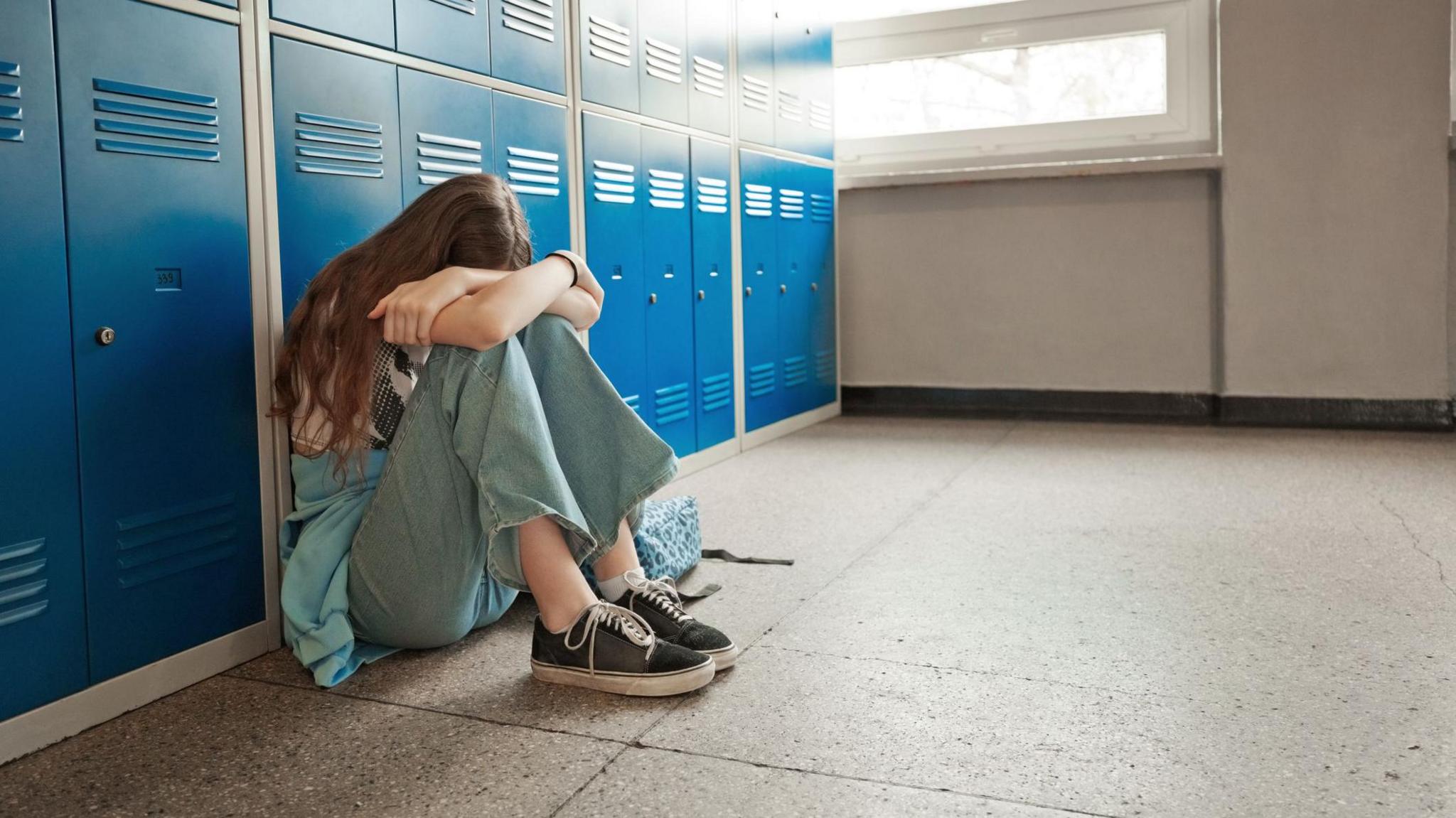Family and children often behind abuse - police

- Published
More child abuse is carried out by family members and other children than by grooming gangs, according to a new police taskforce.
The government set up the taskforce last year to tackle what Prime Minister Rishi Sunak dubbed "evil grooming gangs".
But fewer than one in five (19%) of the cases it has investigated so far involve networks of offenders.
The figures show 27% of cases involved family members, and 22% abuse by other children.
When he announced the new taskforce in April 2023, Mr Sunak said: "For too long, political correctness has stopped us from weeding out vile criminals who prey on children and young women."
The government said the taskforce would involve "parachuting in" officers with "extensive experience of undertaking grooming gang investigations".
While the government continues to call it a Grooming Gangs Taskforce, the police have since referred to it as the Child Sexual Exploitation Taskforce, reflecting their wider perception of the issue.
Better data
A key aim was to collect better data about the nature of child abuse.
The taskforce set up a new Complex and Organised Child Abuse Database to track the most serious cases involving at least two suspects.
Police analysis of the first year, shared with BBC News, shows:
· 6,740 suspects identified, including 550 arrested
· 1,071 suspected of being involved in group-based child sexual exploitation, or grooming gangs
Grooming gangs can involve groups of men trying to build relationships with children with the aim of sexually abusing them.
The most serious cases in Rotherham, Rochdale, Telford and Oxford led to hundreds of children being abused.
Politically correct?
At the 2023 launch, then-Home Secretary Suella Braverman, told BBC News that gangs involved in child abuse were "overwhelmingly" made up of British-Pakistani males, and suggested the police had been too "politically correct" to tackle the problem.
What do we know about grooming gangs' ethnicity?
- Published4 April 2023
Political correctness aiding grooming gangs - PM
- Published3 April 2023
According to the new police figures, last year's offenders declared their ethnicity in a third of the complex child abuse cases on its database.
Of these, 85% said they were white and 6% Asian.
On a visit to Essex Police on Monday, Home Secretary James Cleverly repeated that "grooming gangs are a problem".
"We have never suggested they are the only problem," he said, stressing the importance of looking at all the possible ways in which children are harmed.
Gabrielle Shaw, chief executive of the National Association for People Abused in Childhood (NAPAC), said the government's narrative risked making thousands of victims who were not abused by grooming gangs think: "I don't count, my abuse doesn't matter."
"To frame it like that is not great. We need to change that narrative to reach out to the people who haven't yet sought the support that they need."
Only 13% of people who said they had been abused have reported it to the police, according to NAPAC research.
"A trust deficit remains," said Ms Shaw.
While police forces directly investigate allegations, the Child Exploitation Task Force reviews cases and trains officers to work with victims of abuse to ensure they support prosecutions.